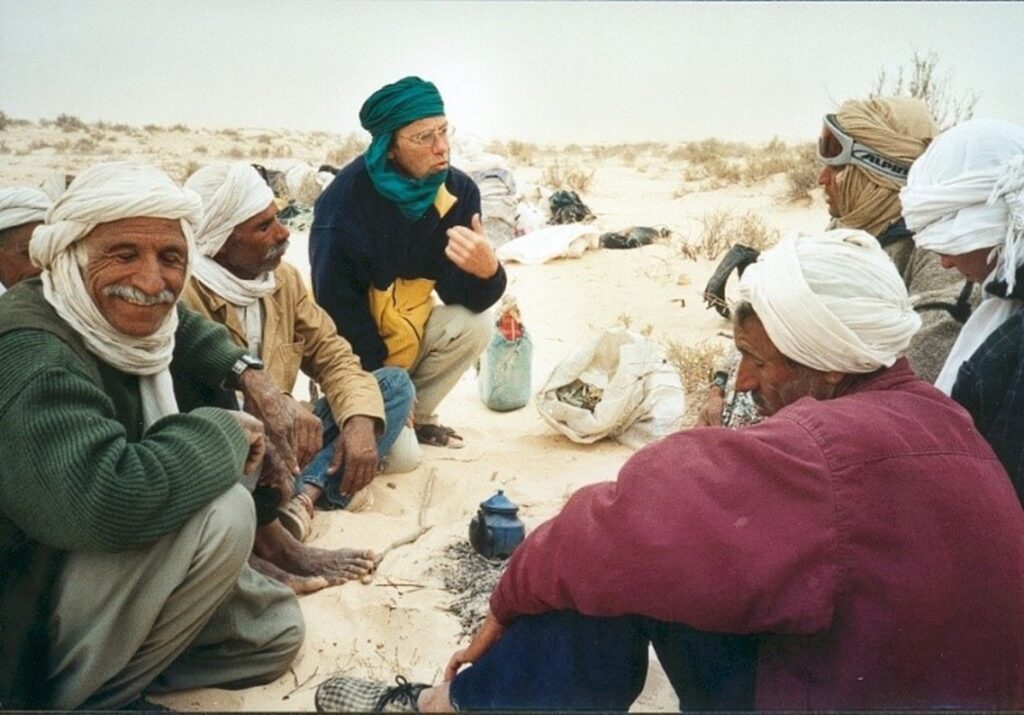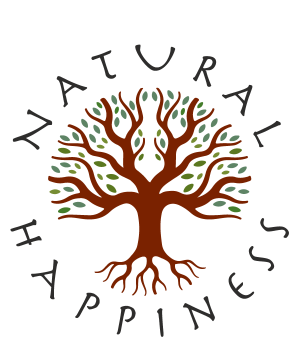Feeling our way without a map
Subtle discernment for confusing times
Imagine you’re in a dream where you’re trying to drive somewhere. Your satnav goes off. You realise you don’t have an old-fashioned paper map. There’s no mobile signal, so Google is no use. As you look for road signs, you see they’re blurred or dismantled. Then you notice the clear asphalt road has become a few ambiguous ruts on a mudflat. The car’s fuel gauge isn’t working. And then you start wondering, where was I trying to get to?
 Such a dream is a good representation of our current confusing times. Things are so uncertain, it’s hard to know where to aim for. Nowhere and nothing in the material world is truly safe and sure anymore. The maps and roads feel unreliable. And tools you’ve trusted, like a car you can refuel anytime, or a mobile phone to access the world when you want, are looking less reliable.
Such a dream is a good representation of our current confusing times. Things are so uncertain, it’s hard to know where to aim for. Nowhere and nothing in the material world is truly safe and sure anymore. The maps and roads feel unreliable. And tools you’ve trusted, like a car you can refuel anytime, or a mobile phone to access the world when you want, are looking less reliable.
So where’ the gift in this mounting confusion? I think it’s a chance to re-learn subtler methods of discerning and navigating, the kind that our ancestors used, and which tribal or nomadic people still use.
Let’s remember that in these cultures, people conversed with the animals and trees, with angels and fairies, with ancestors and the collective wisdom of the tribe. They saw many sources of knowledge beyond the human individual, and maybe they were right. Current turmoil could help us to reduce our preoccupation with 3D physical reality: I suspect life exists on twenty or more dimensions, most of them very subtle.
Instead of depending on technology, let’s deepen into our intuition, our senses, and the guidance of our souls. Here are a few examples.
In the 2000s, I led retreats in the Tunisian Sahara with Bedouin guides. On the night when several of my group were out alone on a vision quest, there was a huge sandstorm: you couldn’t see two metres in front of you. I set off with Khalifa, our lead guide, to find the questers and bring them in. He was running in the pitch dark, and told me to turn my torch off because it stopped him finding his way! He had a deep physical sense of the landscape all around us, he literally knew it like the back of his hand.
A couple of years ago, I was at a major choice point in my work. Historically, I’d have used my Harvard MBA training to analyse, map out, and prioritise my options. Instead I went to Hazel Hill Wood, and spent two days feeling at one with the trees, asking my soul to guide me, and slowly hearing its subtle voice respond. In my daily life, I try to spend a bit of quiet time like this, so I can let intuitions bubble up. And they do!

Alan with Bedouin guides in the Tunisian Sahara
We’re all living in a materialist society which keeps telling us that our happiness depends on objects (buy more stuff) or other people’s admiration (social media likes). So the basic problem we face in navigating life is, what is our destination? In these wobbly times, I prefer to steer towards a state of being, not a material outcome. In other words, my aim is qualities like calm, resilience, adaptability, being a loving presence.
The second ‘outcome’ I suggest we all steer towards is community. The Bedouin guides I travelled with remain a huge inspiration: they were semi-nomadic, materially poor, but generally happy. Their adaptability clearly came from a collective strength. Our Western society is obsessed with individuals, and we need to relearn the skills of the tribe.
Now let’s move on to navigation aids. I’d say that conventional methods, like looking it up on the internet, fall short in an era of fake news and manipulated ‘facts’, as we enter even higher uncertainty, and if our aim is a quality of being. What’s more relevant is creating quiet spaces and time in Nature where we can meditate, hear our intuition, and listen out for spiritual guidance. This is where the voice of the soul becomes important: I see the soul as the divine spark in each of us. So the soul is our antenna for subtle messages from the universe, and can also guide us if we ask it why it chose to be here in a time of turmoil.
Another amazing instrument for subtle discernment is the body itself. If we can become quieter and slower, it can give us many insights. For example ‘gut feel’ is often more accurate than our thinking. If I’m checking a decision, I picture each option, and see how my breath responds to them. Sometimes I try walking outdoors in the dark without a torch: to do this, you need to put a lot of your awareness into your feet. And one payback is that you hear the noises of the night more clearly.
Although it may be hard to slow down and create listening spaces, I find that this improves my perceptive abilities – insights, ideas, impetus for action arise from the quiet, and can guide me amid the confusion.

The Bedouins’ singing is an oral tradition, and it feels like it has centuries of depth to it
